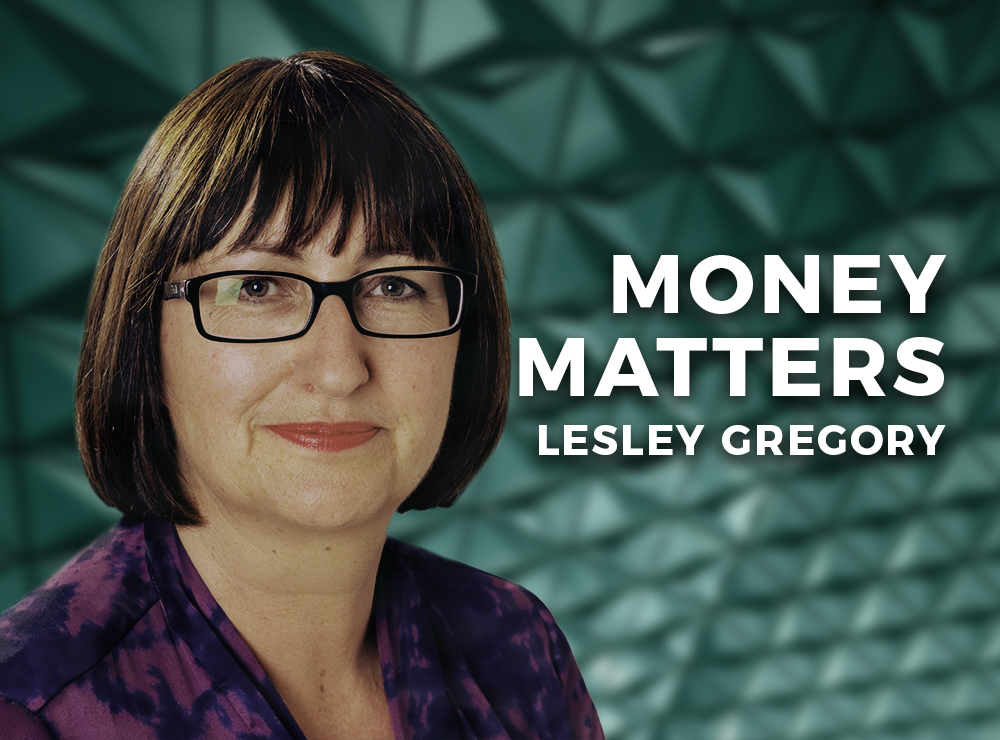
By LESLEY GREGORY
The year ahead will be another difficult one for many people. You may be a young professional with a big credit card balance or a home owner with a mortgage and less certain that your job is secure. Or you could be a retiree or pre-retiree concerned by record low interest rates. Even if you’re cashed up and feel secure, the very different economy we’re living in means there’s no harm in giving your personal finances a good scrub.
So how should you go about it?
Polish your budget
Your personal finances may be in such a state, if you haven’t looked at them for a while, that you can’t even see what’s beneath the dirt. So the first step in a clean-up should be preparing a budget – your first one, or a refresh of an existing one.
You may know how much you earn but do you know how much you spend, and on what? Do your expenses match your income or do you have a deficit? Look at your bank and credit card statements, or at your banking platform if you can categorise spending there, to see what they tell you.
Are you spending more than you expected in a particular area? Are you spending less than expected in others? The numbers may well have changed over the past year or so, given the changes to our lifestyles.
Now, identify where you can make some savings, set some short and longterm goals for that money and make a note in your diary date to check back in a few months’ time to check you’re on track.
Be realistic when preparing your budget, though. If you’re too strict, you’ll just disappoint yourself and potentially lose motivation to stick to your plan.
Dust off some savings
Remember to include in your budget savings for the proverbial rainy day. The gloomy weather may be as light as an unexpected expense or as heavy as a pay cut or job loss. Build up a kitty that could sustain you for at least six months, but preferably for as long as two years.
This could take the form of cash savings – bearing in mind the interest will be measly – or money that eats away at the mortgage while it’s in an offset account, possibly “earning” you the best return you’ll get in the form of interest saved on your home loan.
For some people, record low interest rates and decreased spending could actually be an opportunity. You may have extra cash in hand because of lower mortgage repayments, for instance, or because you’re spending less on entertainment. Instead of frittering away this newly disposable income, use it to pay off debts or to save and invest to build longer-term wealth.
Wipe debt
If your credit cards are a bit out of hand, now’s the time to put some elbow grease into getting the balance down. You should really aim to pay off your card in full each month, so that you’re using your card (or cards) for convenience and not to fund spending you can’t actually afford now. Even better, switch to a debit card to keep yourself honest.
Credit card interest rates haven’t fallen anywhere near as much as the official interest rate cuts, so apply the savings you’re making elsewhere to reduce this form of debt.
With most credit cards still charging effective rates above 20 per cent but variable mortgage rates as low as 2 per cent (in annual percentage rate terms, including fees), and the average around 4 per cent there could be a case for pooling your debt in one place: your mortgage. If credit card debt is a significant issue for you, talk to your financial planner or accountant about whether you’d better off drawing on your mortgage to pay off this debt, so you can pay a lower rate on the money via your mortgage.
There are important caveats to this sort of consolidation of debt, though. Bear in mind that you’ll be spreading the credit card debt over a longer period of time inside your mortgage and you’ll need to avoid the temptation of running your credit cards up again.
The way to get ahead is to keep paying the amount you were paying when the card debt was accruing interest at a higher rate, even though it’s now on a lower rate in the mortgage.
Personally, I’d then cut up my credit cards, so I don’t simply end up with a bigger mortgage and new credit card debt.
The cleaning kit
* Prepare a budget using an online planner available like the one here.
* Work out how much you need to save to achieve your goal using a calculator like this one.
* Pay more than the minimum on your credit cards and see the interest you can save.
* Make extra repayments on your mortgage and see the results here
LESLEY GREGORY is an experienced personal finance and consumer journalist. She regular writes for TEBI money and personal finance issues that aren’t directly related to investing.
ALSO BY LESLEY GRGORY
Making the most of working from home
When a bargain isn’t a bargain
© The Evidence-Based Investor MMXXI









